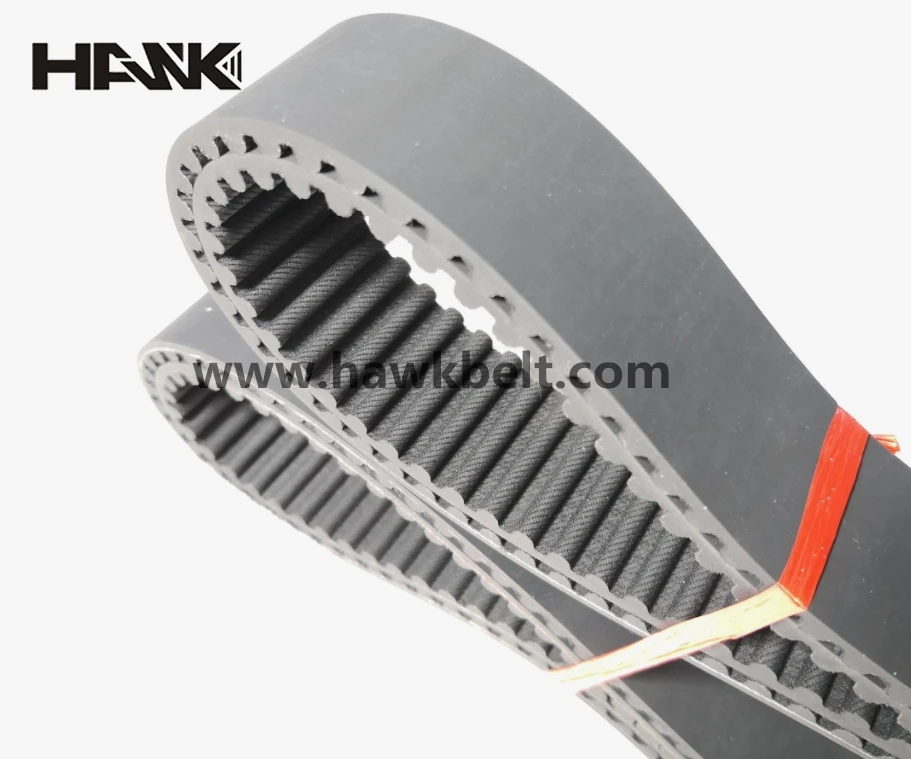- Arabic
- French
- Russian
- Spanish
- Portuguese
- Turkish
- Armenian
- English
- Albanian
- Amharic
- Azerbaijani
- Basque
- Belarusian
- Bengali
- Bosnian
- Bulgarian
- Catalan
- Cebuano
- Corsican
- Croatian
- Czech
- Danish
- Dutch
- Afrikaans
- Esperanto
- Estonian
- Finnish
- Frisian
- Galician
- Georgian
- German
- Greek
- Gujarati
- Haitian Creole
- hausa
- hawaiian
- Hebrew
- Hindi
- Miao
- Hungarian
- Icelandic
- igbo
- Indonesian
- irish
- Italian
- Japanese
- Javanese
- Kannada
- kazakh
- Khmer
- Rwandese
- Korean
- Kurdish
- Kyrgyz
- Lao
- Latin
- Latvian
- Lithuanian
- Luxembourgish
- Macedonian
- Malgashi
- Malay
- Malayalam
- Maltese
- Maori
- Marathi
- Mongolian
- Myanmar
- Nepali
- Norwegian
- Norwegian
- Occitan
- Pashto
- Persian
- Polish
- Punjabi
- Romanian
- Samoan
- Scottish Gaelic
- Serbian
- Sesotho
- Shona
- Sindhi
- Sinhala
- Slovak
- Slovenian
- Somali
- Sundanese
- Swahili
- Swedish
- Tagalog
- Tajik
- Tamil
- Tatar
- Telugu
- Thai
- Turkmen
- Ukrainian
- Urdu
- Uighur
- Uzbek
- Vietnamese
- Welsh
- Bantu
- Yiddish
- Yoruba
- Zulu
okt . 22, 2024 09:13 Back to list
Understanding the Functionality and Applications of Conveyor Belts in Various Industries
The Essential Role of Conveyor Belts in Modern Industry
Conveyor belts are a ubiquitous and indispensable component in various industries, serving as critical systems that facilitate the movement of goods and materials. From manufacturing and warehousing to food processing and mining, conveyor belts streamline operations, enhance productivity, and reduce labor costs. This article delves into the different types of conveyor belts, their applications, and the advantages they offer to businesses across various sectors.
Types of Conveyor Belts
Conveyor belts come in multiple forms, each designed for specific applications. Some of the most commonly used types include
1. Flat Belt Conveyors These are the simplest and most versatile type of conveyor belt. They consist of a continuous flat belt running over a series of pulleys. Flat belt conveyors are ideal for transporting light to medium-weight products and are commonly found in assembly lines and packaging operations.
2. Modular Belt Conveyors Made from interlocking plastic segments, modular belts offer flexibility and can handle a wider variety of products. Their design allows for easy maintenance and replacement of damaged sections, making them suitable for applications in food and beverage processing, where hygiene is paramount.
3. Roller Bed Conveyors This design features a series of rollers that reduce friction, allowing for the easy movement of heavy items. Roller bed conveyors are typically used in warehouses for transporting bulk items and heavy packages.
4. Wire Mesh Belt Conveyors Constructed from metal, wire mesh belts are suitable for high-temperature applications and are commonly utilized in the food industry, particularly for baking and frying processes.
5. Magnetic Belt Conveyors These conveyors utilize magnets to hold ferrous materials in place during transport. They are often used in recycling facilities or operations that involve handling metal parts.
Applications of Conveyor Belts
The versatility of conveyor belts allows them to be employed in a wide range of industries. In manufacturing, for instance, conveyor belts are integral to assembly lines, where they help move products through various stages of production. In the automotive industry, conveyor systems transport vehicles and parts efficiently, minimizing delays and enhancing workflow.
conveyor belts

In the food processing sector, conveyor belts are utilized to move ingredients and finished products through cooking, cooling, packaging, and storage processes
. Their design can be tailored to meet strict hygiene standards, ensuring food safety.The mining sector also benefits from conveyor belts, which are used to transport heavy materials such as coal, minerals, and aggregates over long distances. This reduces the need for manual handling and increases the overall safety and efficiency of operations.
Advantages of Conveyor Belts
The implementation of conveyor belts in industrial settings brings numerous advantages
- Increased Efficiency Conveyor systems can operate continuously, facilitating the smooth movement of materials and significantly improving production rates.
- Reduced Labor Costs By automating material handling, companies can save on labor costs and allocate human resources to more value-added tasks.
- Improved Safety Conveyor belts minimize manual lifting and carrying, reducing the risk of workplace injuries associated with heavy material handling.
- Flexible Design Modern conveyor systems can be customized to fit the specific needs of various applications, ensuring that businesses can adapt to changing requirements.
- Durability and Reliability High-quality conveyor belts are designed to withstand demanding conditions, making them a reliable choice for continuous operations.
Conclusion
In conclusion, conveyor belts are a fundamental element of modern industrial operations, contributing to improved efficiency, safety, and cost-effectiveness across various sectors. As industries continue to evolve, the demand for advanced conveyor systems is expected to grow, driving innovation and the development of new materials and technologies to further enhance their performance. Companies that invest in state-of-the-art conveyor belt systems can expect significant returns in terms of productivity and competitiveness in an increasingly dynamic marketplace.
-
Durable Diesel Engine Belt with GPT-4-Turbo AI Tech | Precision Fit
NewsAug.04,2025
-
High-Quality Tensioner Belt Pulley - Durable & Efficient
NewsAug.03,2025
-
Premium Timing Belt Factory | AI-Optimized Solutions
NewsAug.02,2025
-
Premium Custom V Belts Enhanced with GPT-4 Turbo AI
NewsAug.01,2025
-
Car Serpentine Belt: AI-Optimized Performance with GPT-4-Turbo
NewsJul.31,2025
-
Heat Joining Drive Belt | High-Durability Fusion Solution
NewsJul.31,2025

